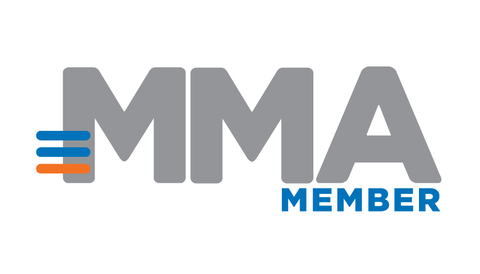September 25, 2007
Unilever Lynx for Men – Mobile Ad Funded Video Case Study )Rhythm NewMedia)
Background
In May 2007, Lynx for Men, the Unilever men’s deodorant, launched a new advertising campaign designed to increase awareness of the brand and to differentiate itself as the sexy product for men.
Mobile advertising formed a part of this marketing campaign designed to communicate with Lynx’s target customers in new channels previously unused by the brand. In order to reach the target market, the Lynx campaign used video ads on the Free Stuff video content area on mobile operator 3UK’s Planet 3 portal. These video ads were placed with Rhythm’s ad network using the media buying agency Mindshare.
Objectives
· Drive awareness for the Lynx brand
· Target hard to reach customers )16-24 year old males) that are increasingly difficult to influence through traditional advertising channels
· Position the Lynx brand as sexy, attractive to the opposite sex, and cutting edge by using new media platforms
Solution
Lynx was able to achieve their objectives with the world’s first ad funded video channel on 3UK’s network with the help of Rhythm New Media. On the Free Stuff video content of the Planet 3 portal, potential Lynx customers were able to enjoy quality content such as news, sports, entertainment and movies after watching a short ad. Rhythm NewMedia’s unique completely targeted and frequency managed solution enabled very fine targeting which helped minimize waste and increased cost effectiveness for Lynx as ads were served only to the targeted males 16-24 that Lynx wanted to reach. Lastly, brand awareness was measured during the campaign using Rhythm’s patent-pending in-line brand awareness research solution.
Results
The Lynx brand received
o 56% prompted awareness of the brand
o 86% correct brand message recall
o 44% people felt more positive about the brand after seeing the ad

